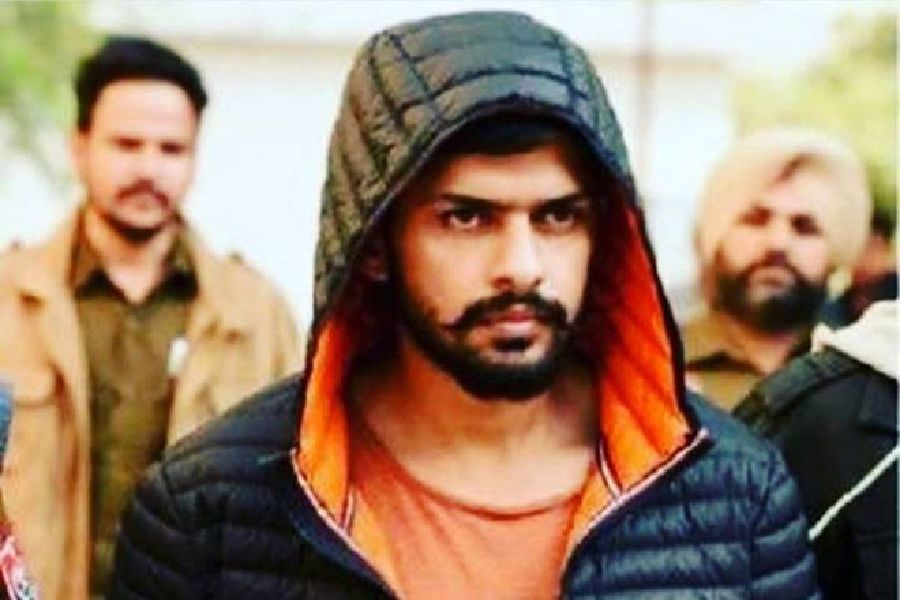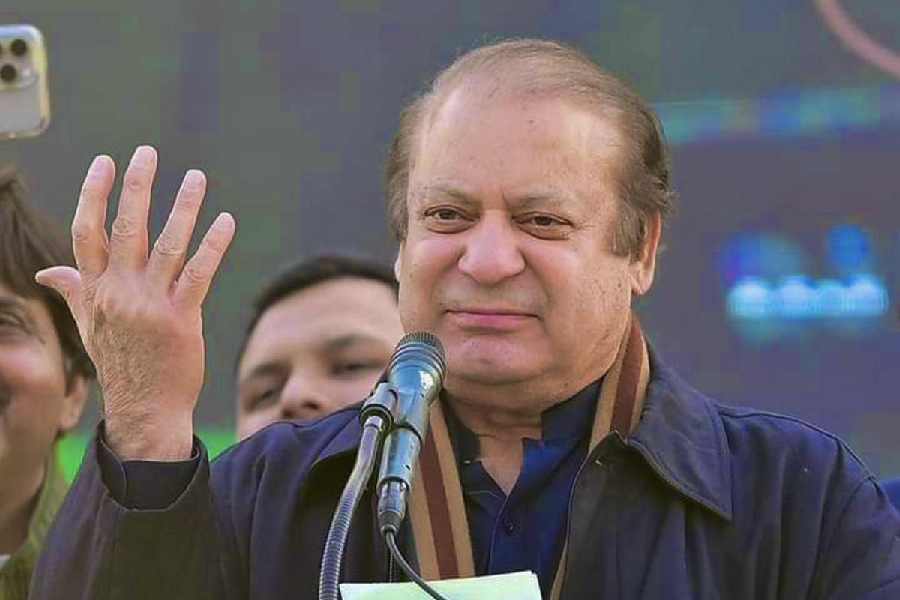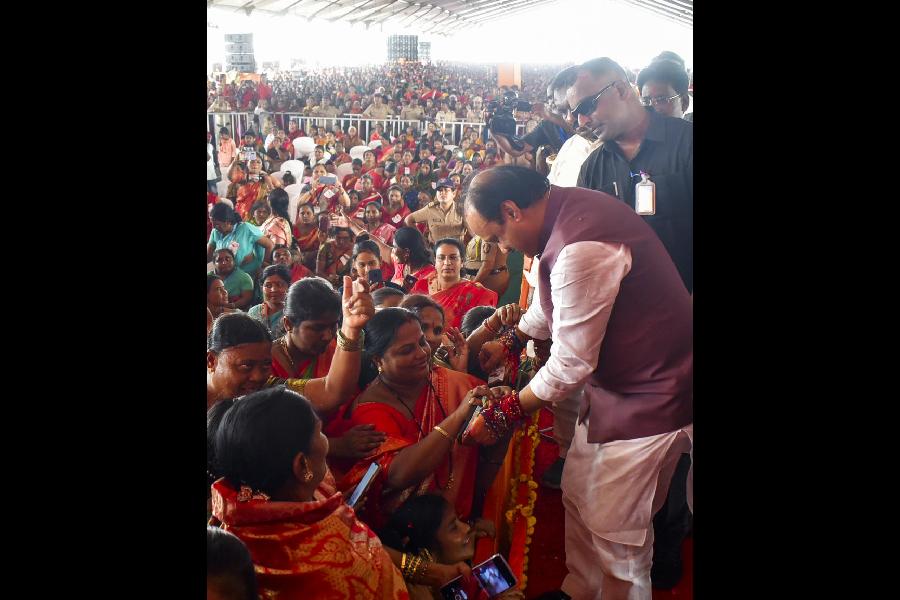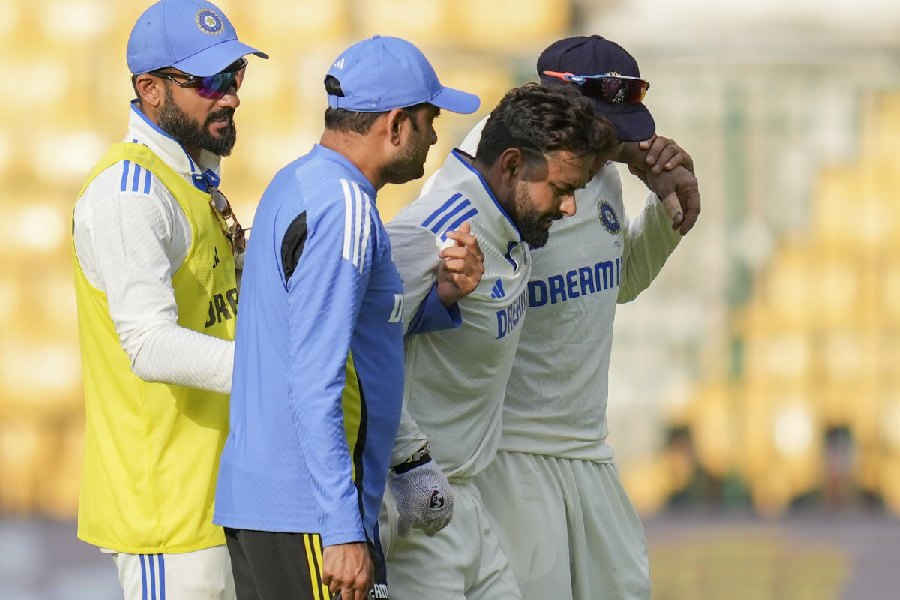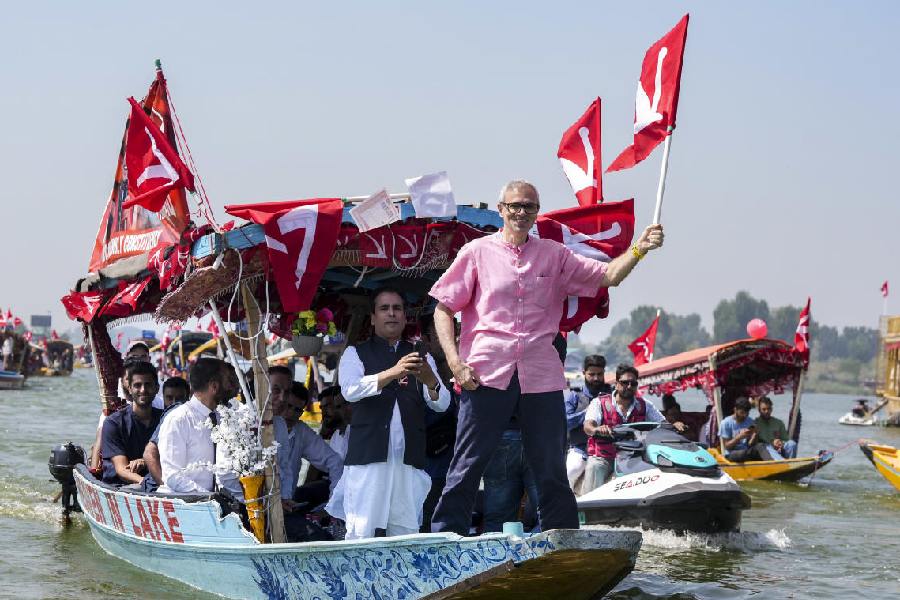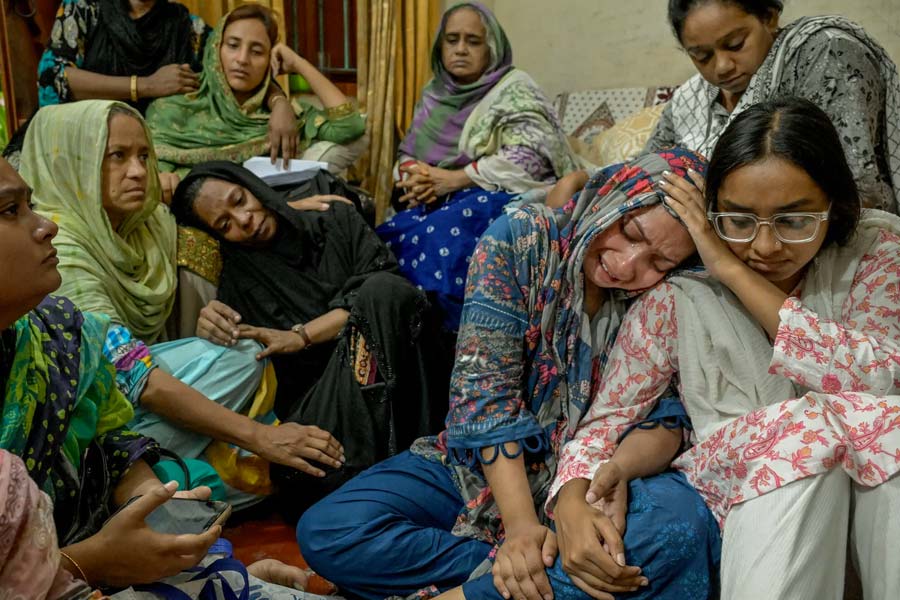CLAN AND CRIME: A Bishnoi versus Bishnoi battle is unfolding, relatively unnoticed, in a corner of Rajasthan.
The news of the plan hatched by gangster Lawrence Bishnoi to eliminate actor Salman Khan to avenge the superstar’s alleged killing of two blackbucks in 1998 has created quite a bit of anguish for the members of Rajasthan’s Bishnoi community that reveres the antelope species. The Bishnoi people also inhabit parts of Punjab, Uttar Pradesh and Haryana. Lawrence was born in a farming family in Punjab’s Ferozepur.
The Bishnois have been waging a long legal battle against the Bollywood star. “We want to pursue our goal through legal means. We cannot support an individual taking the law into his hands for this purpose. The court is dealing with the issue. We will abide by its decision,” said Gurvinder Singh Bishnoi, president of the Community for Wildlife and Rural Development (COWRD), Jodhpur. “Lawrence Bishnoi is a gangster,” he added.
COWRD, an organisation that works in the field of wildlife conservation, shares its roots with the broader Bishnoi Samaj, Gurvinder said. “The Bishnoi community has no connection with Lawrence. The criminal is merely using his Bishnoi identity as a ruse,” he said.
Heeralal Lohmarod, a former MLA and ex-president of the Bishnoi Samaj, and Vikram Bishnoi, the vice-president of the zilla parishad in Jodhpur, have raised objections to attempts that are suggestive of an association between the community and the criminal.
The reason being that Bishnois as a community believe in and are adherents to the principle of non-violence. Any kind of aggression has no place in their ethics of conservation. To understand the Bishnoi emphasis on non-violence, one must return to a tale that is almost 300 years old.
In 1730, the king of Jodhpur had apparently ordered the felling of khejri trees to build a palace. The Bishnois, led by a courageous woman, Amrita Devi, chose to defy the royal order by hugging the trees along with her daughters. Members of the community believe that 300 Bishnoi men, women and children laid down their lives that day in what could be looked at as one of the earliest instances of passive ecological resistance in India.
“We are a people known for our peaceful, eco-friendly way of life. How can we endorse a criminal?” asked Gurvinder.
Lawrence’s gang, which is also on the radar for its alleged role in the killing of Maharashtra politician Baba Siddiqui, is known to patronise sharpshooters who are relatively young. It is believed that these youth are mostly recruited and radicalised through social media.
“We are also keeping an eye on the Bishnoi youth. Unemployment, the flip side of digital technology, the lack of inclusion in the central OBC list are some of the challenges that are being faced by the Bishnoi youth. But that does not mean that they should take up the path to crime. Their priorities should be achievements in education and occupational fields,” said Gurvinder.
Is the Bishnoi Samaj contemplating taking steps to disassociate itself from the other Bishnoi — the gangster — through a formal decree? “I don’t think there is any need for the Bishnoi Samaj to send such a message just yet,” Gurvinder said. But he is confident that the community “will certainly take such a step in the future if the circumstances warrant such an intervention”.
Lawrence, a Bishnoi, may not find himself at home among the conscientious community that is the Bishnoi.

